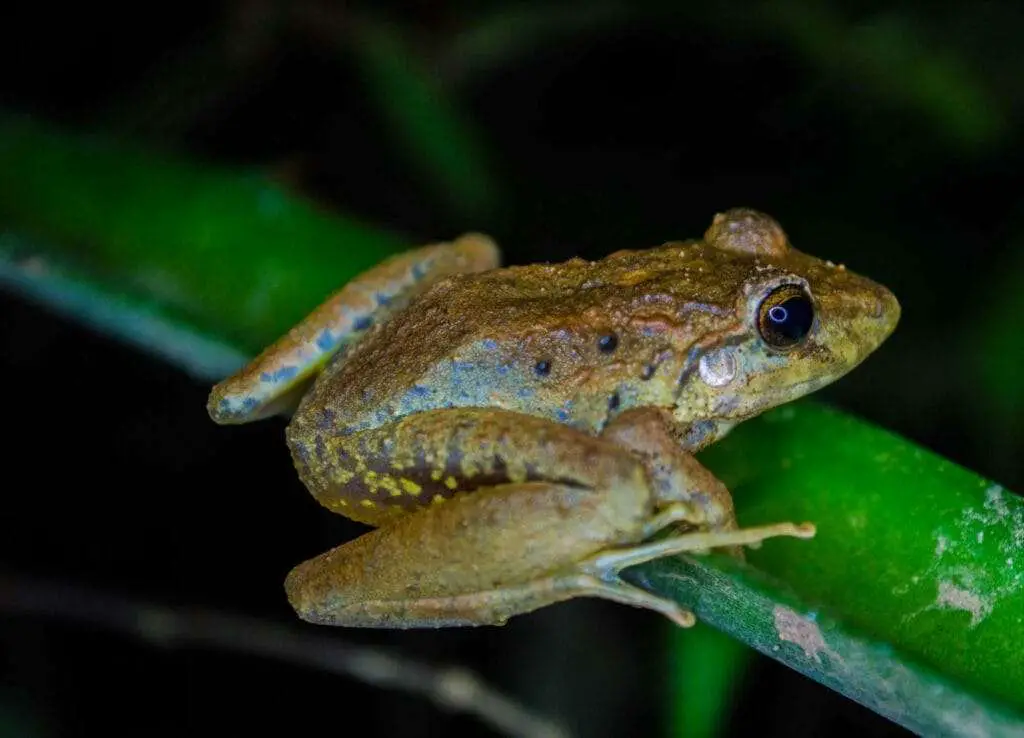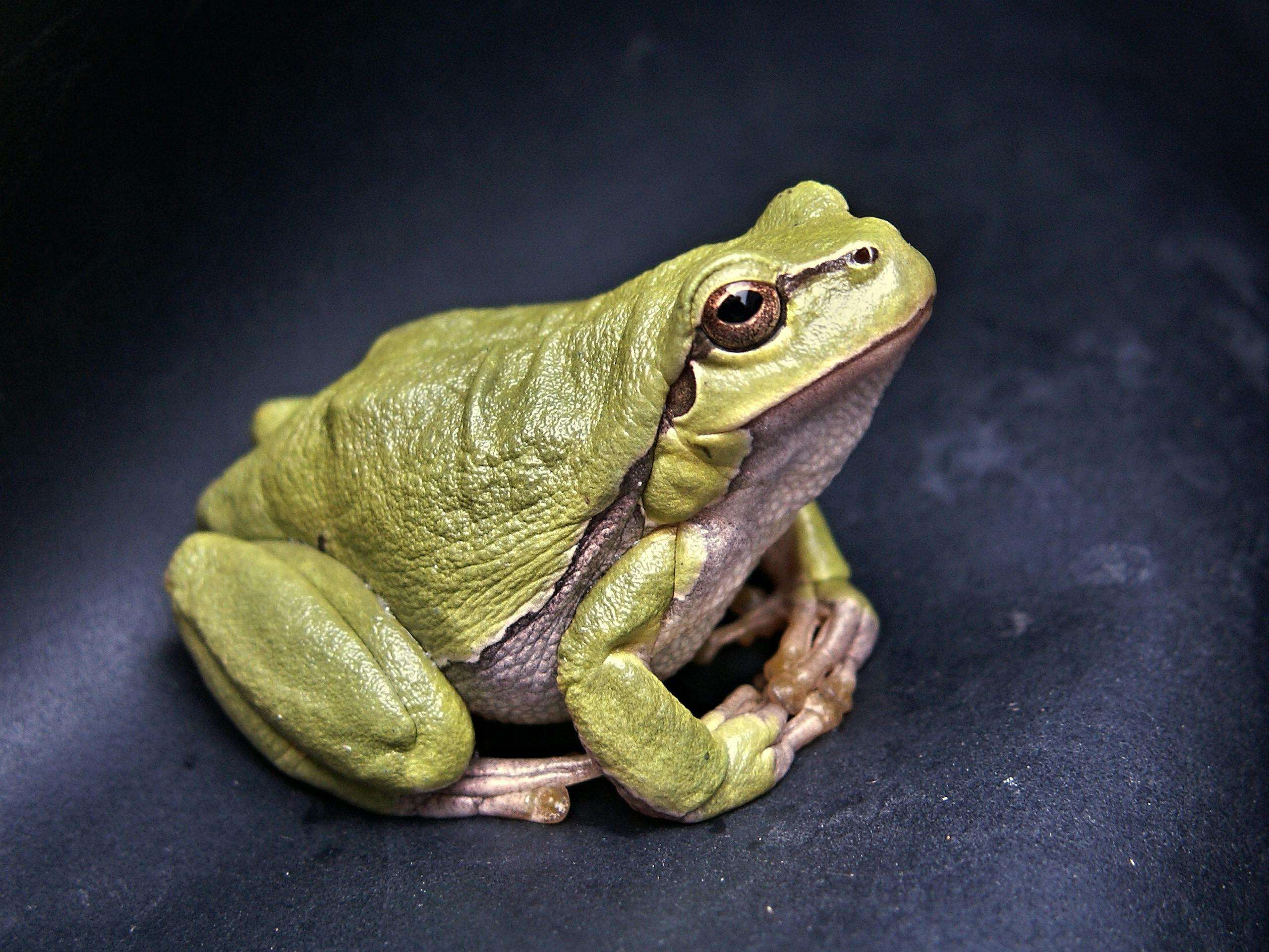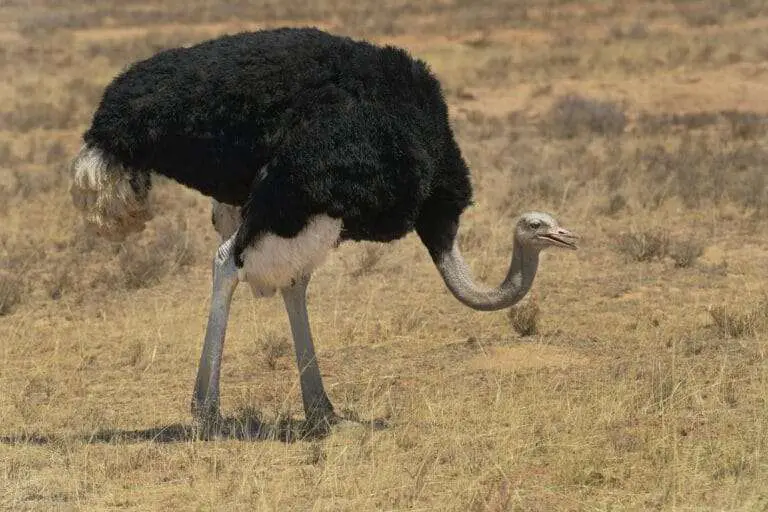Is Frog Halal To Eat? Exploring the Islamic Perspective
Have you ever wondered about the halal status of frogs? In a world where dietary choices are influenced by faith, culture, and personal preferences, understanding what is permissible (halal) and what is forbidden (haram) in Islam is essential. Frogs, unique creatures straddling land and water, often spark curiosity and debate among Muslims.
Islam provides clear guidelines regarding what foods are halal, but some animals, like frogs, fall into a grey area that requires further exploration. Are they permissible to eat, or do Islamic teachings suggest otherwise? And what do Quranic verses, Hadiths, and Islamic scholars have to say about consuming frogs?
In this article, we’ll delve into the characteristics of frogs, their role in various cultures, and, most importantly, the Islamic perspective on their permissibility. Whether you’re curious about halal dietary laws or seeking clarity on this topic, you’re in the right place. Let’s explore the fascinating question: Is frog halal?
Short Answer: Frogs are generally considered haram in Islam.
Islamic Perspective on Frogs
Quranic Verses About Land and Water Creatures
The Quran provides general guidance on dietary laws but does not explicitly mention frogs. Verses like:
“He has only forbidden to you dead animals, blood, the flesh of swine, and that which has been dedicated to other than Allah.” (Surah Al-Baqarah 2:173)
Emphasise purity and avoidance of harmful or sacred creatures. Frogs’ dual existence in water and land raises questions about their permissibility. While not explicitly addressed in the Quran, other Islamic sources provide clarity.
Relevant Hadiths on Frogs and Their Permissibility
Prophet Muhammad (peace be upon him) explicitly prohibited killing frogs for medicinal purposes. This Hadith is often cited:
“Do not kill frogs, for their croaking glorifies Allah.”
This directive highlights the sanctity of frogs, suggesting they should not be harmed or consumed, as they are part of Allah’s creation with a unique purpose.
Scholarly Opinions from Different Islamic Schools of Thought
Islamic scholars across major schools of thought, including Hanafi, Shafi’i, Maliki, and Hanbali, generally agree that frogs are haram to eat. Their reasoning is rooted in Hadiths that stress avoiding harm to frogs and respecting their role in glorifying Allah. While regional practices may differ, scholarly consensus upholds this prohibition.
Why Frogs are Considered Haram
Prohibition in Islamic Texts and Teachings
The prohibition against killing frogs, as mentioned in Hadiths, sets a precedent for their consumption being impermissible. Islam prioritises the sanctity of certain creatures, and frogs fall into this category due to their unique characteristics.
The Sanctity of Frogs in Hadiths
The association of frogs with glorifying Allah through their croaking elevates their status. This sanctity aligns with the broader Islamic principle of treating sacred beings with respect and avoiding harm to them.
Ethical and Environmental Considerations
Beyond religious teachings, frogs play a vital role in ecosystems. They control pests, maintain ecological balance, and are increasingly endangered due to overharvesting and habitat destruction. Consuming frogs can contribute to their decline, conflicting with Islam’s emphasis on environmental stewardship.

Alternatives to Frog Meat
Other Halal Protein Sources
For those seeking halal dietary options, there is no shortage of permissible protein sources:
- Meat: Chicken, beef, lamb, and goat, when slaughtered according to Islamic principles.
- Seafood: Fish and other sea creatures that are halal.
- Plant-Based Proteins: Lentils, beans, and tofu for vegetarian options.
Islamic Teachings on Avoiding Doubtful Foods
Prophet Muhammad (peace be upon him) advised avoiding foods that create doubt:
“Leave that which makes you doubt for that which does not make you doubt.”
This principle encourages Muslims to opt for clear halal alternatives, steering away from foods with ambiguous permissibility.
Final Verdict
Whether frogs are halal offers a fascinating glimpse into the intricate interplay of Islamic dietary laws, ethical considerations, and environmental stewardship. While cultural practices might differ, the Islamic stance on frogs is rooted in clear guidance from Hadiths, emphasizing their sanctity and prohibiting their harm or consumption.
Muslims can align their dietary choices with their faith by understanding the scholarly consensus, exploring alternative halal protein sources, and embracing the principle of avoiding doubtful foods. Remember, Islam encourages mindfulness and respect for all living creatures, reinforcing the importance of protecting those who glorify Allah in their unique ways.
So, as you navigate your halal dietary journey, keep seeking knowledge and making informed decisions. Have you encountered any other intriguing questions about halal and haram foods? Feel free to explore more on Halalawareness.com and continue learning about the rich tapestry of Islamic dietary laws!







